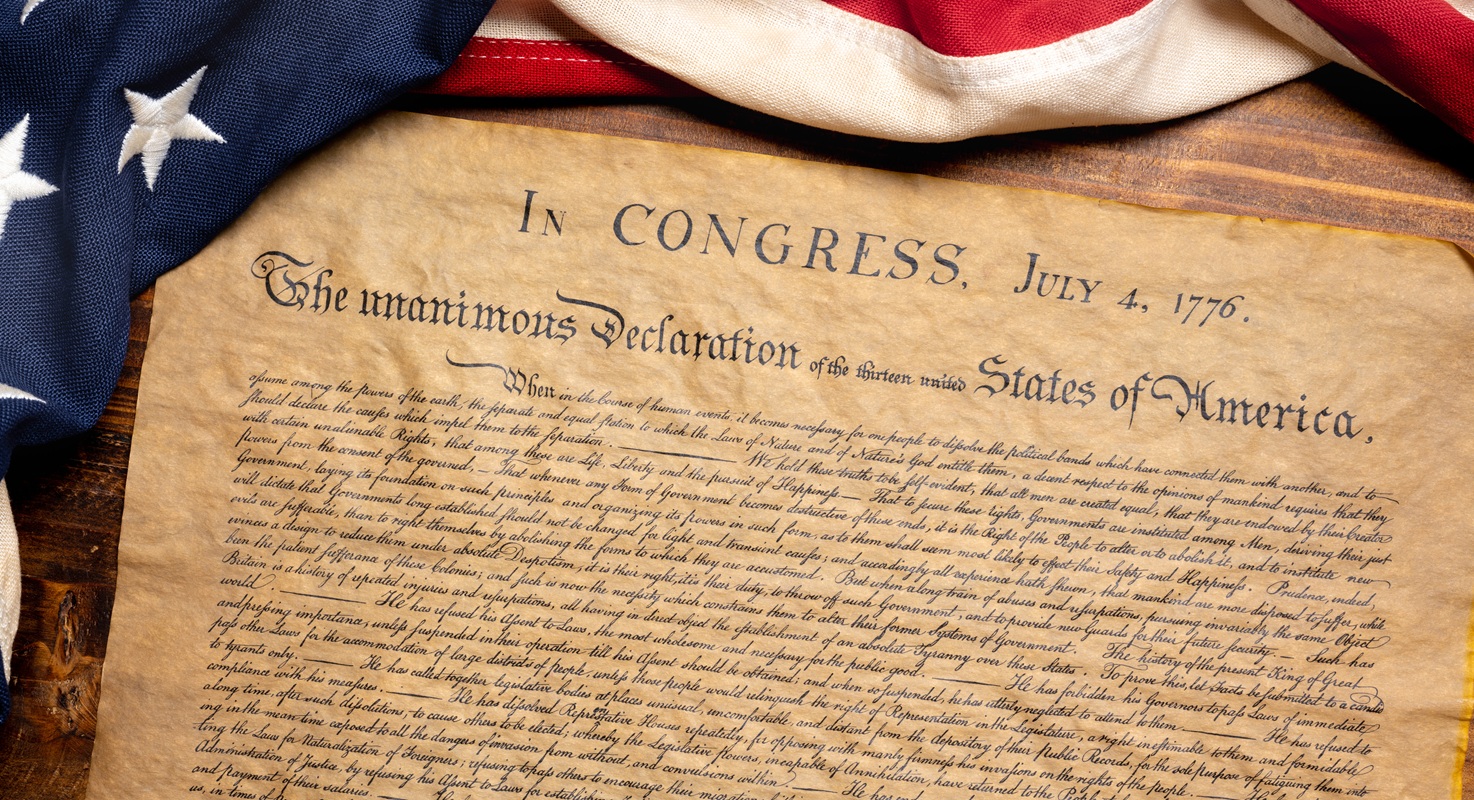Unearthing Stories for the Erie Canal’s 200th Anniversary
Two sprawling multimedia projects dig into the impact of the Erie Canal on the lives of upstate New Yorkers, just in time for the historic waterway’s 200th anniversary. Newhouse School students spent a year working on stories, photos and podcasts…



